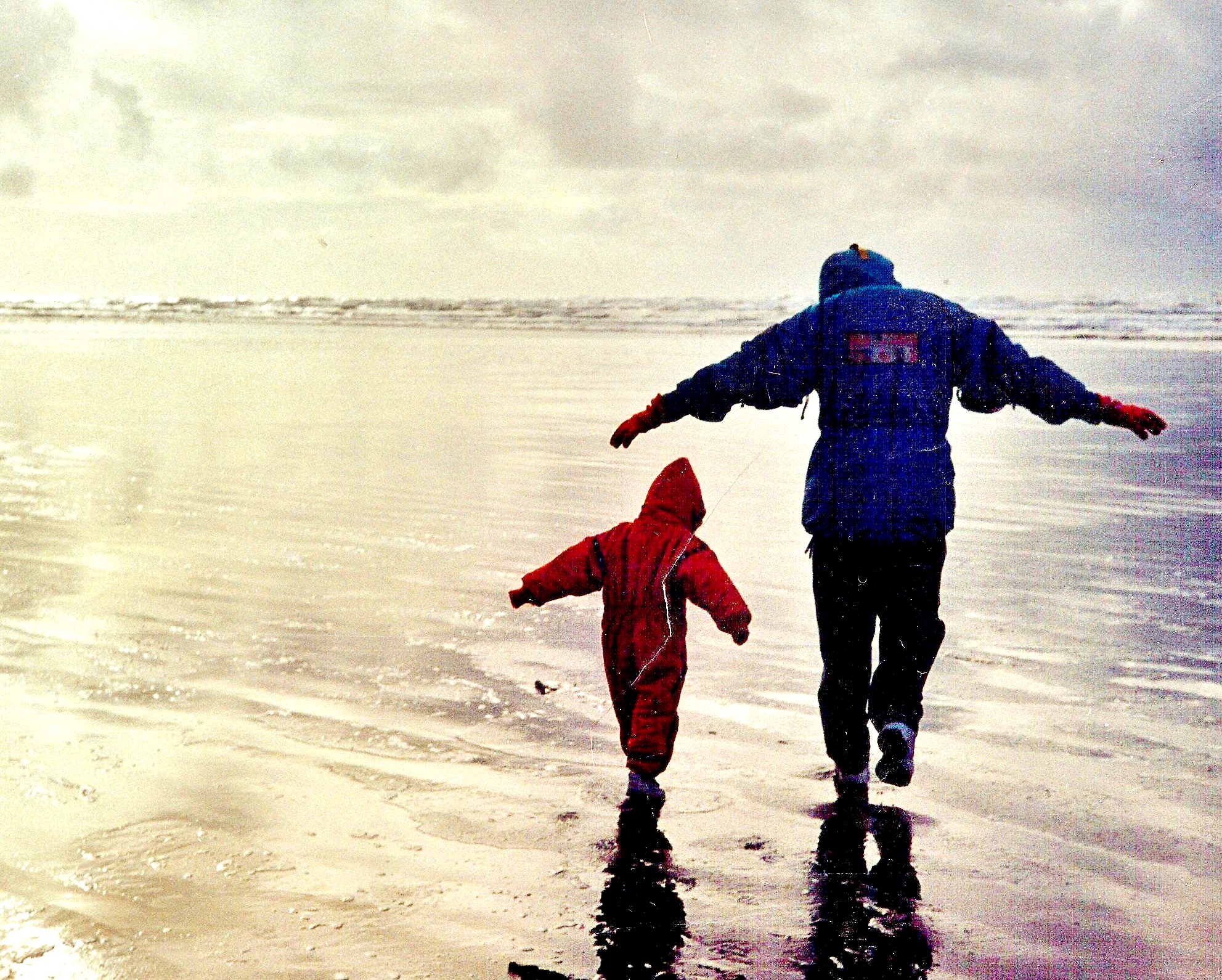I have written a couple of articles about the benefits of a play-based preschool curriculum but I never made a direct comparison with an academically oriented classroom.
Clearly, I have my own bias towards play-based preschools as an educator. But it is not without evidence at all. Today, I would like to share a number of well controlled studies, based on an article by Dr. Peter Gray, which summarized and compared the effects of academically oriented early education classroom with those of play-based classrooms.

Strikingly, the results are consistent from study to study. Early academic training somewhat increases children’s immediate scores on the specific tests that the training is aimed at, but these initial gains wash out within 1-3 years and, in some studies, are eventually reversed.
But not only that. These studies indicate that the harm may really be significant on social and emotional development of the children.

In the 1970’s, the German government sponsored a large-scale comparison in which the graduates of 50 play-based kindergartens were compared, over time, with the 50 graduates of academic direct-instruction-based kindergartens.
Despite the initial academic gains of direct instruction, by grade four, the children from the direct-instruction kindergartens performed significantly worse than those from the play-based kindergartens on every measure that was used.
In particular, the kids from the direct instruction school were less advanced in reading and mathematics and less well-adjusted socially and emotionally. This study influenced the Germans, in part, to revert to play-based preschool.
Similar studies, particularly in the United States, have produced comparable results. One study, which involved poor African American children, indicated that those who attended preschools centered on academic training showed initial academic advantages over those who attended play-based schools.
But by the end of the fourth grade, these initial advantages were reversed. The children from the play-based preschools were now performing better, getting significantly higher good grades than were those from the academic preschools.

In a well-controlled experiment begun by David Weikart and his colleagues in 1967, sixty eight poor children were assigned to one of three types of nursery schools: Play-based, High/Scope (involved more adult guidance), and Direct Instruction (where the focus was on teaching reading, writing, and math, using worksheets and tests.)
The initial results of this experiment were similar to those of other such studies. Those in the direct-instruction group showed early academic gains, which soon vanished. This study, however, also included follow-up research when the participants were 15 years old and again when they were 23 years old.
At these ages there were no significant differences among the groups in academic achievement, but large, highly significant differences in social and emotional characteristics.

By age 15, those in the Direct Instruction group had committed, on average, more than twice as many “acts of misconduct” than had those in the other two groups. At age 23, as young adults, the differences were even more dramatic.
Those in the Direct Instruction group had more instances of friction with other people, were more likely to have shown evidence of emotional impairment, were less likely to be married and living with their spouse, and were far more likely to have committed a crime than were those in the other two groups.
What might account for such dramatic long-term effects of type of preschool attended? As I have stated before, play in the classroom can develop lifelong patterns of personal responsibility and prosocial behaviour that they carry in their childhood and early adulthood.

On the other hand, classrooms that emphasize academic performance develop lifelong patterns aimed at achievement and getting ahead which could potentially lead to friction with others.
P.S. Enrolment is going on at Bohol Child Head Start. Call or text 416-1248/09295571136. You can also visit us at Banat-I Hillside, Bool District, Tagbilaran City.




























